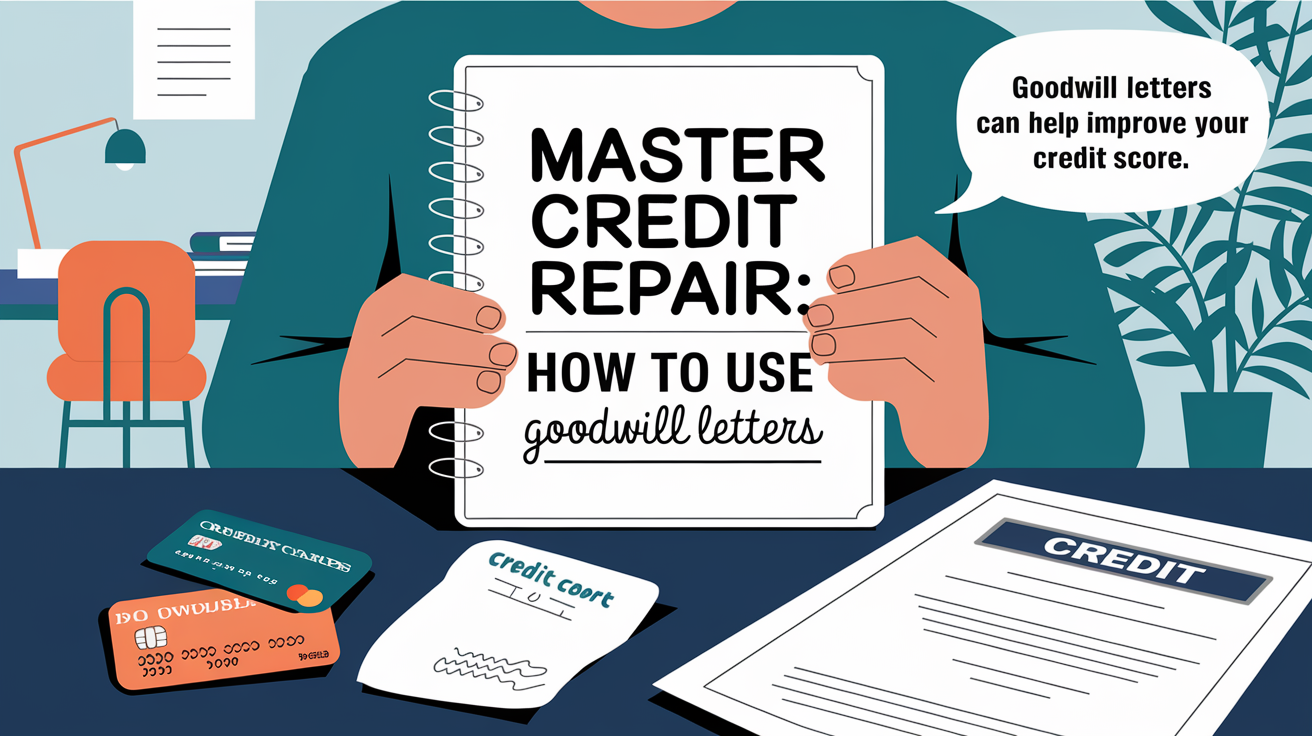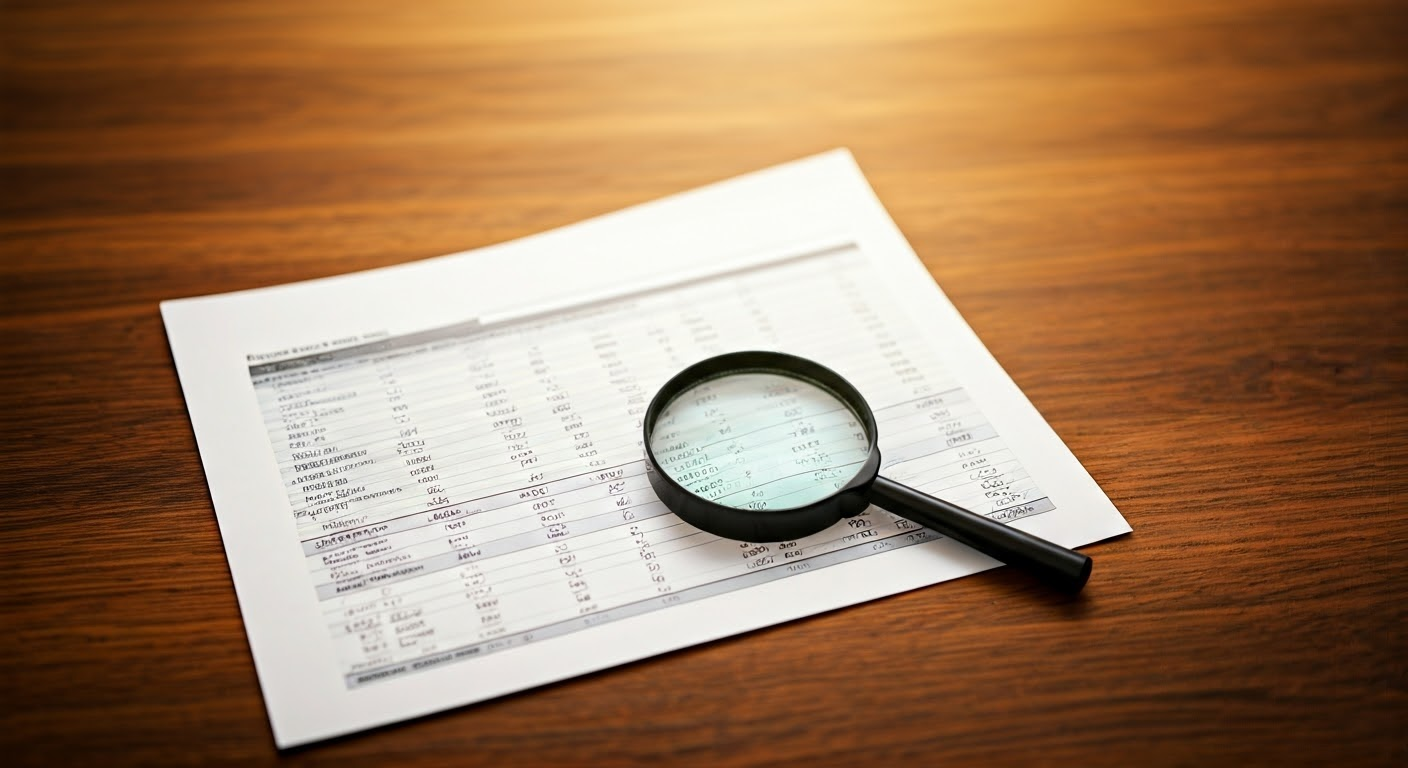How Much Does It Cost To Repair My Credit?

What is the cost of fixing my credit?
Almost any facet of a person's financial situation is influenced by their credit score. You can have trouble finding credit cards and loans, pay more interest on the ones you locate, and even struggle to rent an apartment. Fortunately, there is action you can take to improve your credit and hence increase the future value of your credit ratings. But how much does it cost to rebuild your credit, and how successful is this practice? The following are some often occurring expenditures.
Credit Report Costs
Getting your credit reports from the three credit reporting agencies— Experian, TransUnion, and Equifax—is what you have to accomplish in credit restoration. Federal law lets you ask each of the credit agencies once a year for a free copy of a report. Ask for your free credit reports and thoroughly review them in case of any negative entries or errors that may have dropped your score.
Apart from the free annual reports, be ready to spend some money on additional copies if you so choose. Generally speaking, this ranges from $5.00 to $15.00 for every credit bureau report.
Credit Monitoring Service Costs
One way to monitor credit reports frequently is to subscribe to a monthly credit monitoring service to be informed of any changes. This makes it easier to detect mistakes and instances of identity fraud. These credit monitoring services may cost between $10 to $40 per month. It is often accompanied by such value-added services as credit reports and credit ratings.
Credit Repair Company Costs
You can also seek the services of a credit repair company to manage the credit repair process on your behalf. Remember that everything a credit repair agency can do is legal and can also be done without any cost. Companies in this industry require consumers to pay an enrollment fee and an ongoing monthly fee. The total fees can be as low as several hundred dollars and as high as a few thousand dollars, depending on the company.
Dispute Letter Costs
Credit repair can also involve disputing the negative items on the credit reports that are incorrect or unproven. You have the right to dispute the items, and the credit bureaus are required by law to investigate the dispute. This occasionally entails the credit bureau contacting the company that reported the item to provide evidence that the information is correct.
You can find samples of the dispute letters and write the letters on your own for free. Or you may prefer to employ a service that prepares individualized dispute letters for you and sends them on your behalf. The cost is usually within the range of $10 to $40 for a customized dispute letter.
Paying Off Debt
Reducing balances on credit card accounts also has a positive impact on credit. Each additional payment on the principal reduces the overall utilization rate. Paying lower balances on credit cards improves credit scores as long as the payments are made in good time. Paying off current debt directly is free from any collection fee in case you want to clear your balance. Reducing large balances becomes costly but enhances credit scores.
Removing Inaccurate Information
Late payment records, inaccurate data, or even another person’s negative data on your credit report could adversely affect your score. Dispute letters lead to a credit bureau investigation, which you do not have to pay for. If the inaccurate information cannot be proven to be correct, it must be deleted – by law – from the credit bureaus. This credit boost is free and can help your score.
Fixing Past Credit Missteps
Delays, collections, repossessions, and other issues can be tremendously detrimental to credit. Thus, time, as it is well known, heals these wounds and improves creditworthiness during 7-10 years as the negative marks fade from the reports. Reducing debts that have been incurred enhances scores more before the marks become negative and fade off on their own. Even so, positive credit histories also help to compensate for the mistakes made. Do not push to rebuild credit quickly with the aid of high-risk trade lines. Allow scoring models to rest.
Removing Legal Information
Negative marks such as collections, settlements, liens, judgments, bankruptcies, and foreclosures, even if accurate, must be deleted after the maximum reporting durations prescribed by the FCRA. About 70-90% of public records expire seven to ten years from the time of filing. So, as the clock runs out, does the magnitude of these marks in scoring algorithms/models? If an error in public record reporting is beyond these time limits, bureaus must delete it. If not, just wait for these variables to disappear and let go of your scores.
Becoming an Authorized User
Getting an account from a family member or a friend as an authorized user does not incur any costs. The primary user takes the credit risk; you get to enjoy all the credit enhancement benefits if the monthly payments are made on time for twelve months. This supplementary card approach allows you to hitch a ride on their coattails while they work the credit-building magic until you establish approvable credit standing on your own.
New positive trade lines are a type of credit history that can be used to improve a credit score.
Obtaining new credit – whether installment loans or new credit cards with pre-qualification – thus turns you into an active credit consumer again. However, credit scoring models favor aged revolving as well as installment accounts. To open new credit, you must pass approval checks. Once approved, responsible use, which sets up positive payment histories, along with aging, assists in credit rebuilding. Adding consumer trade lines and paying processing fees for the same usually wipes out additional long-run scoring benefits.
Removing Outdated Personal Information
Now, if your credit history is still developing because you are just beginning your credit journey, you might have obsolete personal information in the consumer file that negatively impacts your ratings. In the same way, such things as having Little League participation awards for a minor without any credit history at all does not determine creditworthiness. Thus, address histories dating back to the time of a decade or even two before the individual had any credit experience are also considered irrelevant. Inaccurate personal identification data can usually be purged from credit reports at no charge and immediately enhances thin file accounts.
To sum up, credit repair can cost nothing if you use credit reports and letters to the credit bureaus, though it might cost up to several thousand dollars if you hire the services of a reputable credit repair company. Remember that all the legal operations that a paid credit repair agency can perform, you can do independently with the help of your credit. Do not be fooled by promises that seem too good to be true or pressured into purchasing something you do not fully comprehend, and know your rights to repair your credit. Paying bills regularly and on time, avoiding high credit utilization, and challenging incorrect information are some ways that one can rebuild credit on one’s own without using paid services if one is patient and tenacious.
Ready to boost your credit score? Call +1 888-804-0104 now for the best credit repair services near you! Our expert team is here to help you achieve financial freedom and improve your credit. Don't wait—get started today!



